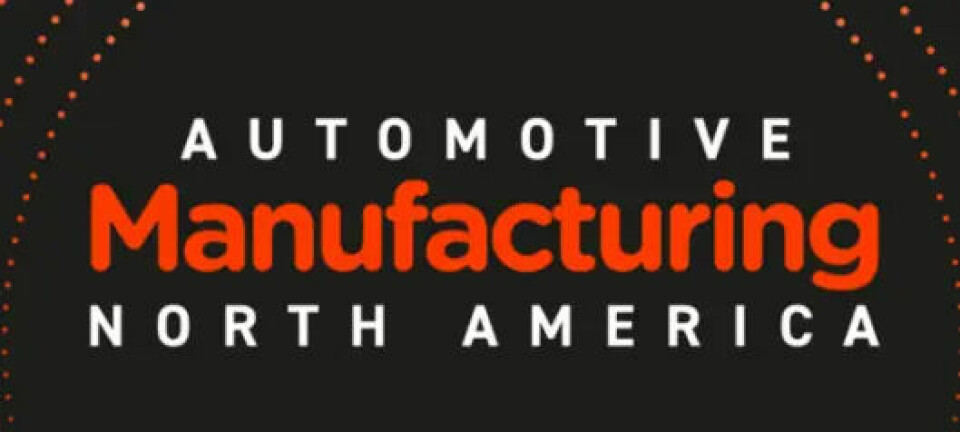New era for manufacturing
BMW’s Debrecen plant showcases iFactory concept in action
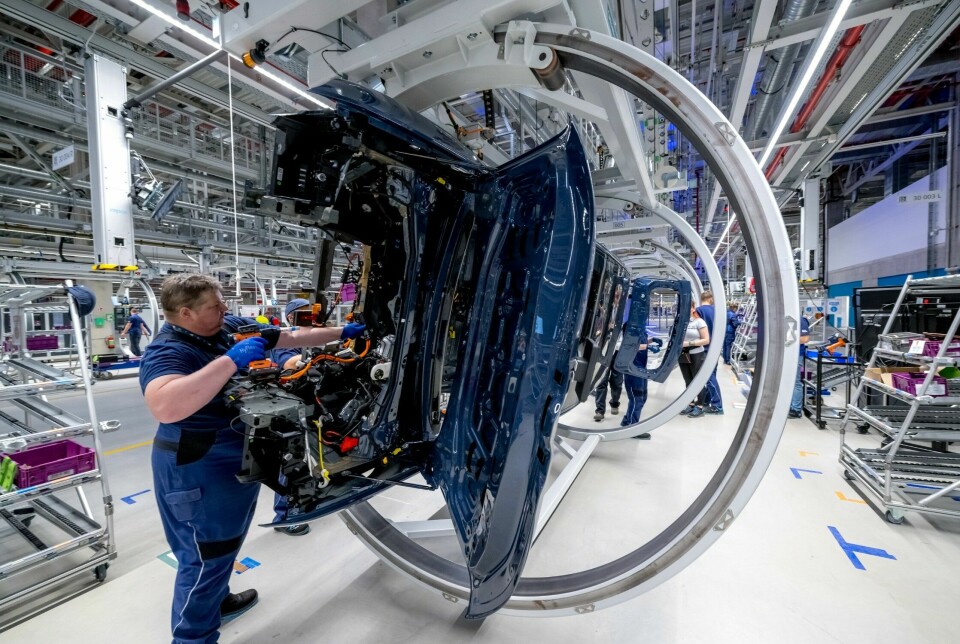
As BMW ramps up to start series production at its Debrecen plant, Plant Director Hans-Peter Kemser and Member of the Board of Management of BMW AG, Production, Milan Nedeljković share insights into a new era of manufacturing for the carmaker
For BMW its new Debrecen plant in Hungary represents a significant leap forward in automotive manufacturing, embodying OEM’s iFactory concept through its innovative production operations, cutting-edge technologies, and a distinctive approach to people management. As a greenfield site, Debrecen is not merely another production facility; it serves as the lead plant, for the Neue Klasse architecture, integrating advanced electrification, digitalisation, and sustainability principles from its very foundation.
Let me say this, being more than 28 years at BMW, this is not just a new plant. I would say this is the beginning of a new era
Production operations: A blueprint for the future
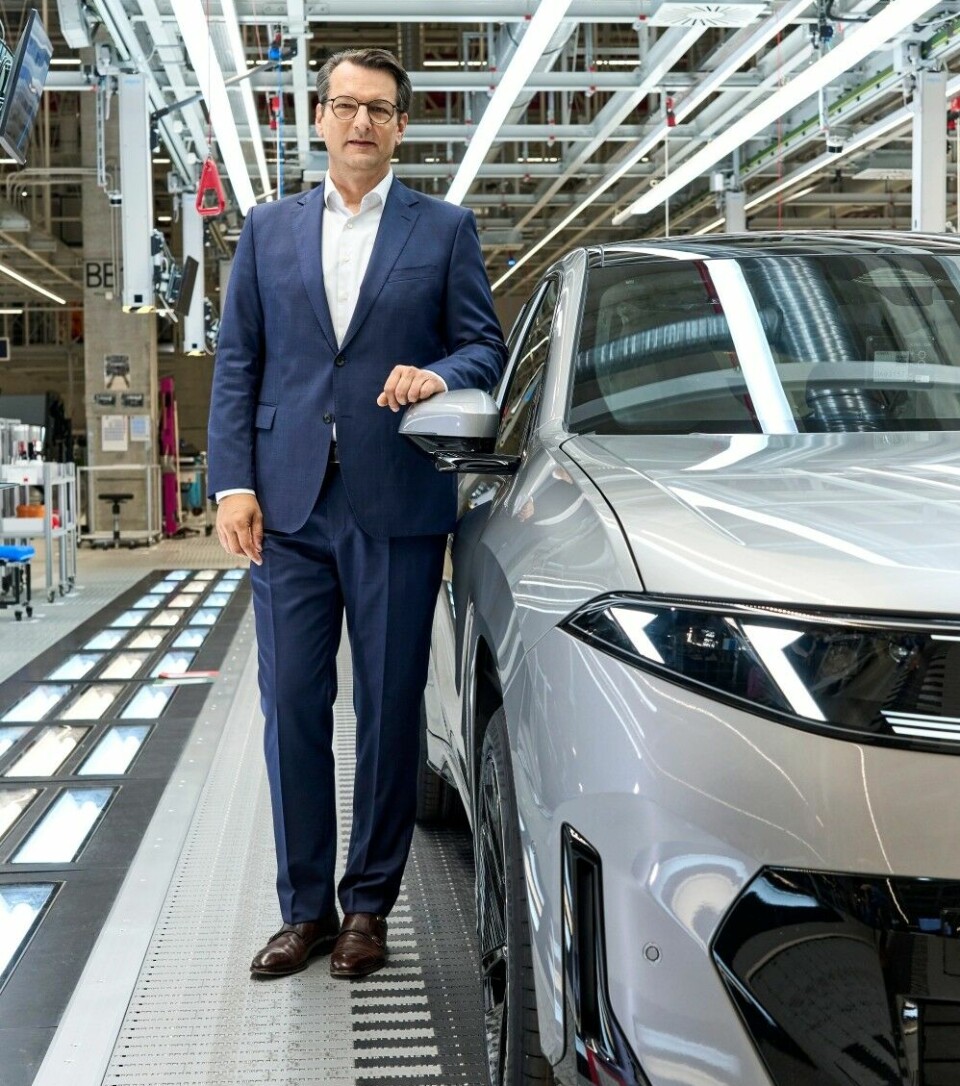
The Debrecen plant's production operations are designed for flexibility, efficiency, and a drastic reduction in complexity, setting new benchmarks for the industry. Plant Director Hans-Peter Kemser, noted that this has been achieved through strengthening the relationship between product design and production capability. This philosophy meant that for the Neue Klasse, product developers, engineers, and production teams collaboratively discussed designs from the outset, simplifying components and processes.
This integrated approach has led to some impressive outcomes, such as a 20% reduction in overall costs and a 10-15% improvement in assembly efficiency. A notable example shared by Kemser is the simplification of the wire harness, which saw a reduction of 600 meters of wires, resulting in a third less weight. Similarly, the front end of the car now boasts one-third fewer parts.
The plant is built with inherent flexibility to scale and adapt to future models. While starting with the iX3, it has the structural capability to produce four to five different derivatives without significant technical overhauls. However, Milan Nedeljković, Member of the Board of Management of BMW AG, Production, clarified that the i3 will be manufactured in Munich and Mexico, not Debrecen, highlighting a distributed production strategy across BMW's global network.
Automation plays an important role, albeit with a balanced approach. The bodyshop and paintshop are 100% automated, with the paintshop even integrating automated quality inspection through cameras. In assembly, automation stands at approximately 20%, focusing on core processes and fixed stations, but it is designed to be flexible as volume increases. Kemser emphasised the need to balance manual operations and automation, while Nedeljković noted that even in fully automated areas, hundreds of skilled individuals are vital for maintenance, programming, and optimisation. The plant's production capacity is set at 150,000 units annually, aligning with BMW's standardised plant unit system.
A significant innovation discussed by Nedeljković is the big reduction in joining elements. From 3,000 different types of screws, bolts, and fasteners across various models, the Neue Klasse has brought this down to fewer than 250. This simplification applies as a new standard for all future cars, with a stringent rule: if a product designer wants an additional bolt, another must be removed. BMW said this strategy significantly narrows down variance, complexity, and associated investments and costs, while always prioritising customer-relevant innovations.
Cutting-edge technologies: Digitalisation, AI, and sustainability
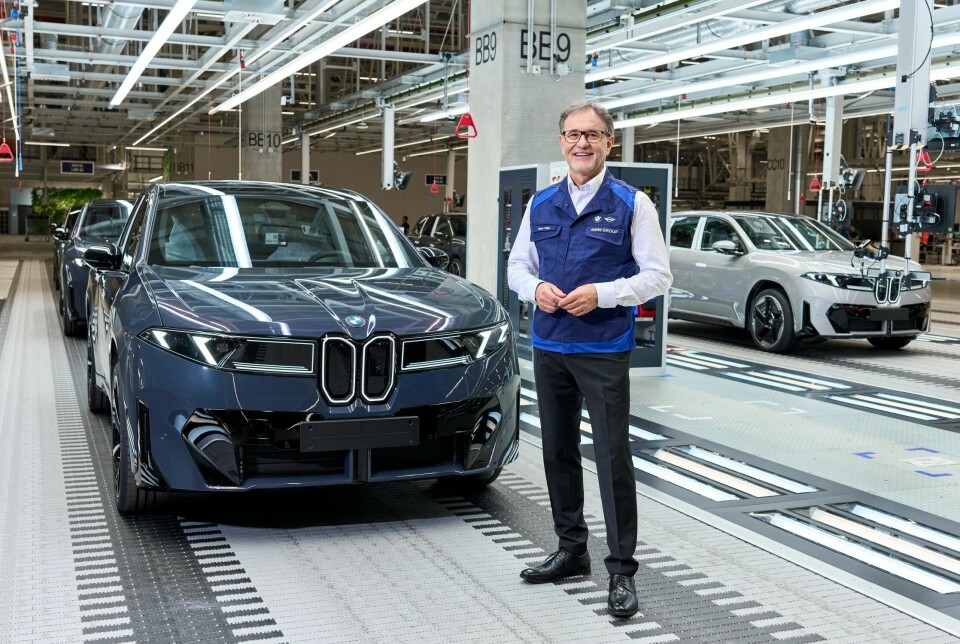
The Debrecen plant is a strong representation of BMW’s commitment to advanced manufacturing technologies, with digitalisation, artificial intelligence (AI), and sustainability at its core. Milan Nedeljković emphasised that "digitalisation, that's the crucial enabler for the future." The plant was entirely planned in a virtual world, creating a comprehensive digital twin that collates all data – from planning systems and machinery to ergonomic studies and process flows – into a single cloud-based system. This "streaming layer," likened to Netflix, allows users to access and leverage data for various applications, quality control, and process optimisation.
AI is deeply embedded across maintenance, logistics, and quality systems. Nedeljković clarified the prerequisite for AI's effectiveness: "AI is powerful, everybody uses AI. However, AI needs data. If you don't have data, the use of AI is very limited." BMW's extensive data collection from its digital twins worldwide ensures that its AI systems are robust and effective. The collaboration with Nvidia allowed for the development of a system where engineers globally can log into the plant's virtual twin, working together to solve issues, even when geographically dispersed.
This approach has become a prerequisite to sharing data and expertise across large production networks. This virtual environment allows for simulations with a precision of a tenth of a millimetre, optimising everything from individual car elements to entire production lines, including human movement, ergonomics, and material flow. Kemser offered the example of the "ghost car" concept, where robots operated virtually, verifying data before any physical car existed, a "spooky" but highly effective validation process.
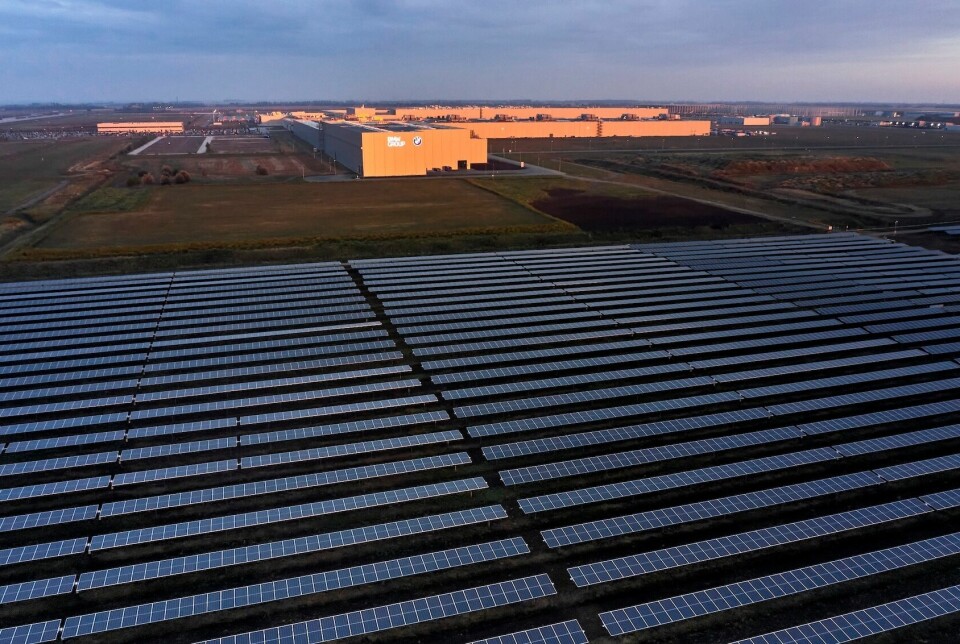
Sustainability is a cornerstone of the Debrecen plant, with BMW claiming it to be the world's first automotive factory designed from the outset to be fossil-fuel-free. Nedeljković stated that the "whole production is based on electricity supported by a solar panel park on site, which is one of the biggest solar panel parks in Hungary," spanning 500,000 square meters and generating 49 gigawatts of power, covering approximately 25% of the plant's annual capacity.
It was noted that the decision to forgo a gas grid connection was a "difficult call," as gas is typically the most economically efficient heating source. However, the long-term vision was to avoid being "stuck" with fossil fuel applications. The plant utilizes advanced electric heating systems, water tanks for energy storage (1800 cubic meters), and heat pumps to heat the facilities and the world's first fully electric paint shop.
Kemser elaborated on the benefits of electric heating, noting its consistent temperature control compared to burner swings. This combination of self-generated solar power, effective heat storage, and green electricity supply makes the running costs competitive with gas. Beyond energy, the plant focuses on holistic environmental stewardship, with 85 hectares dedicated to wildflowers, sheep, and bees, and plans to plant over 10,000 trees, integrating biodiversity into its operations.
Regarding specific technologies, Nedeljković clarified that BMW does not build chips but assembles purchased chips into critical components like the "super brain" of the high-voltage battery. This in-house assembly decision for such integral, new technologies is driven by the need for speed and better coordination during development. The Neue Klasse models being launched are fully electrified, utilising the sixth generation (Gen 6) battery technology, which will eventually integrate into existing models during their future model changes.
What's even more important is the culture. How do we work together? The spirit
People management: Culture, collaboration, and continuous growth
At the heart of Debrecen's success is its focus on its people, with Nedeljković recognising that "it's the people which make the difference.” The ramp-up of a new plant with a new architecture and product in a new location is supported by a strong global team. Hundreds of experienced individuals from BMW plants worldwide (Germany, Mexico, China) have converged in Debrecen to support the launch, sharing their expertise and know-how before returning to their home sites, where the Neue Klasse will also be introduced.
Beyond technical expertise, culture is paramount. Nedeljković emphasised, "What's even more important is the culture. How do we work together? The spirit." A core tenet of the BMW spirit is self-responsibility, where even young employees are empowered to take ownership.
This culture is built on shared values, mutual respect, and a leadership structure that guides processes without stifling competence. Hans-Peter Kemser further elaborated on the cultural pillar of ‘subsidiarity’ – "It's your process, it's your responsibility. It’s very clear." When issues arise, the principle of "participation" brings teams together to solve problems collaboratively.
The Debrecen plant fosters a highly collaborative and integrated environment, supported by a diverse workforce representing over 50 nations. Kemser highlighted that "the entire BMW world is here. Everybody helps here to get this plant." This global network extends to a unique "twin" system, where every general manager in Debrecen has a counterpart in another BMW plant. These twins meet regularly to discuss processes, share expertise, and collaboratively drive continuous improvement. This constant exchange ensures that the Debrecen plant learns from the network, and conversely, the network learns from Debrecen, fostering a culture of mutual development.
Communication is streamlined and democratised through technology. Every associate is equipped with a mobile phone, serving as a central hub for information dissemination, plant access, and training. Kemser noted, "There is no information boundary, there are no layers between. I send out the message to everybody at the same time in one second."
This direct and immediate communication fosters transparency and ensures everyone is on the same page. Furthermore, the plant actively promotes the electric future among its workforce, with all leaders driving electric cars, and programmes allowing associates to experience driving the electric cars produced at the plant over weekends. This initiative aims to foster pride and firsthand understanding of the product.
Continuous improvement is an ongoing process. While virtual planning and simulation lead to a highly balanced and standardised production line from day one, further refinements are always pursued. The dynamic nature of customer orders, which can change car specifications up to six days before production, necessitates weekly rescheduling and optimisation, where AI plays a crucial role in rapidly identifying the best operational solutions.
BMW’s Debrecen plant is a blend of lean, sustainable, and digital principles, designed to produce the next generation of BMW vehicles. As Hans-Peter Kemser aptly summarised, "Let me say this, being more than 28 years at BMW, this is not just a new plant. I would say this is the beginning of a new era." This facility demonstrates BMW’s commitment to a future where advanced technology, environmental responsibility, and human ingenuity converge to redefine automotive production.



